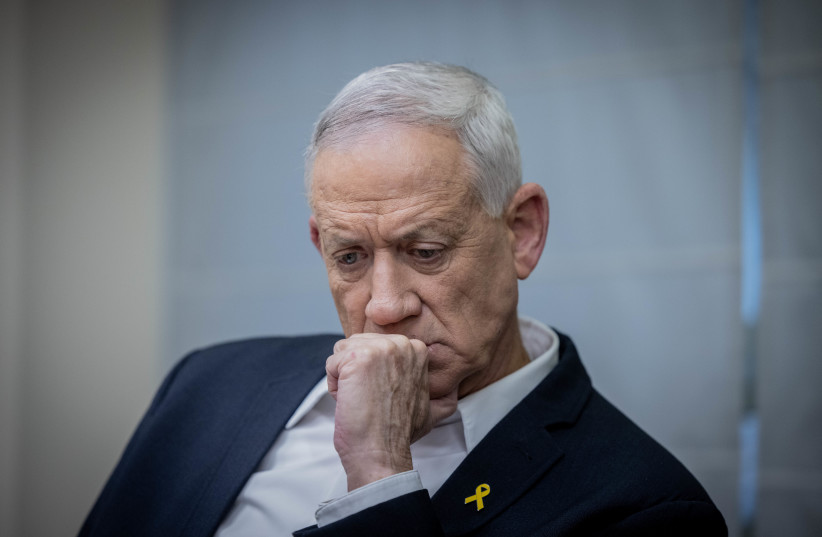Recently, Maariv asked its readers in the shadow of coalition tensions and the ruling parties' plunge in the polls, when is the right time to go to a general election?
Among other things, readers were asked to give their opinion on the timing of a general election.
They were asked whether, in their opinion, this is not the right time for elections at all, whether elections should be held immediately due to the lack of public confidence in the government that is revealed in the polls, or whether elections should be held but tied to a set and agreed upon date for the end of the war.
Of the respondents, 37% answered that it is not the right time to go to the elections, 51% answered that the elections should be held now, and another 12% answered that the elections should be held but at an agreed date at the end of the war.
The weekly election poll conducted for Maariv last weekend found that Benny Gantz led by a considerable margin along with his National Unity party.

Gantz gains
Gantz gained two seats in the latest poll, bringing 41 seats for National Unity if elections were held today. Meanwhile, the Likud remained at 18 seats, Yesh Atid would earn 12 seats, Otzma Yehudit would earn nine seats, United Torah Judaism would earn six seats, and Hadash-Ta'al of Ayman Odeh and Ahmed Tibi would earn five seats.
Meretz, who did not get into the current Knesset, would earn five seats, and closing out the list of parties, Mansor Abbas's Ra'am would earn four seats.
Several parties failed to pass the electoral threshold (3.25%), the major ones being Finance Minister Bezalel Smotirch's Religious Zionism Party, which stood at 2.8%.
After deciding on the date of party primaries, Labor increased slightly to 2.5% of the vote but is still far from the electoral threshold, and Balad also failed to pass the threshold with only 1.7%.
